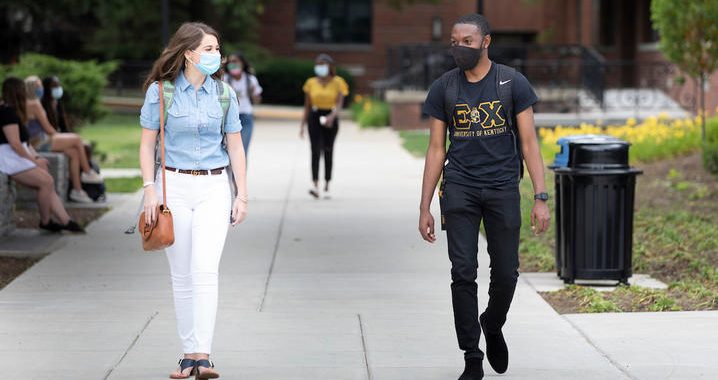Going to college is an experience most people treasure for the rest of their lives. College is where many people prepare for their future careers, meet lifelong friends, and even find their spouses.
However, college campuses have also been targets of criminal activity and emergency situations. Colleges experience everything from bomb threats and active shooters to sexual assault, theft, and fires.
College safety must always be a top priority. But how can you make your college campus safer?
We’re here to help you answer that question. Keep reading for our top five tips.
- Install Visibile Security Cameras
First, recognize that most people will avoid breaking the law or doing anything else deemed inappropriate or unsavory if they know they’re being watched. For this reason, we recommend installing visible security cameras throughout the school and on the campus grounds. The cameras need to be easily visible because the goal is to deter crime, not secretly record it.
- Institute an Emergency Plan for Student
One of the most important college safety tips is to ensure that every student knows what to do in case of an emergency. Each student should receive a safety and security handbook that covers:
- Personal safety and security
- Emergency response plans for various scenarios
- How to report an incident or emergency
- And more
The more knowledge students have, the better your campus safety and security will be.
- Invest in Campus Security
Next, you need to have college police or college security guards to actively patrol the campus and respond to any emergencies or threats. Like security cameras, the school campus security will significantly deter undesirable activity on the grounds.
To reduce illicit drugs and paraphernalia, consider using K9 inspections in schools. It won’t be very popular among the students, but it can go a long way toward keeping illegal substances out of your campus.
- Train Staff and Faculty to Respond to Emergencies
In most cases, people who are trained to respond to negative situations can dramatically improve the outcome of the scenario. Your staff and faculty should be trained in campus safety and security measures in the event of an emergency. They can help save lives or limit casualties in a truly dangerous situation, such as a fire or active shooter.
- Maximize Emergency Communication Protocols
Finally, almost all college campus safety issues can be minimized with proper communication. You need to have an emergency communication strategy designed to alert as many people as possible if there is a potential threat to college safety and security.
Through technology, this should not be a particularly difficult problem to solve. Each faculty member should have a group contact list they can use to simultaneously contact everyone on campus. You can also use the PA system, emails, social media, and more.
Want More College Safety and Lifestyle Tips?
On a college campus, students, staff, and faculty alike deserve to feel safe and secure. Follow the college safety tips above to make sure everyone stepping foot on your campus is as safe as possible from potential threats.
And if you’re looking for more tips and advice, check out some of our other articles before you go. Our blog is full of great information, including safety and security tips, lifestyle advice, and everything else in between.

